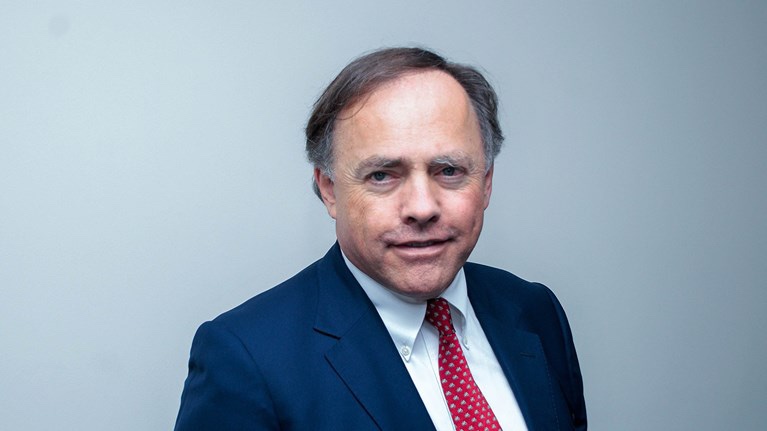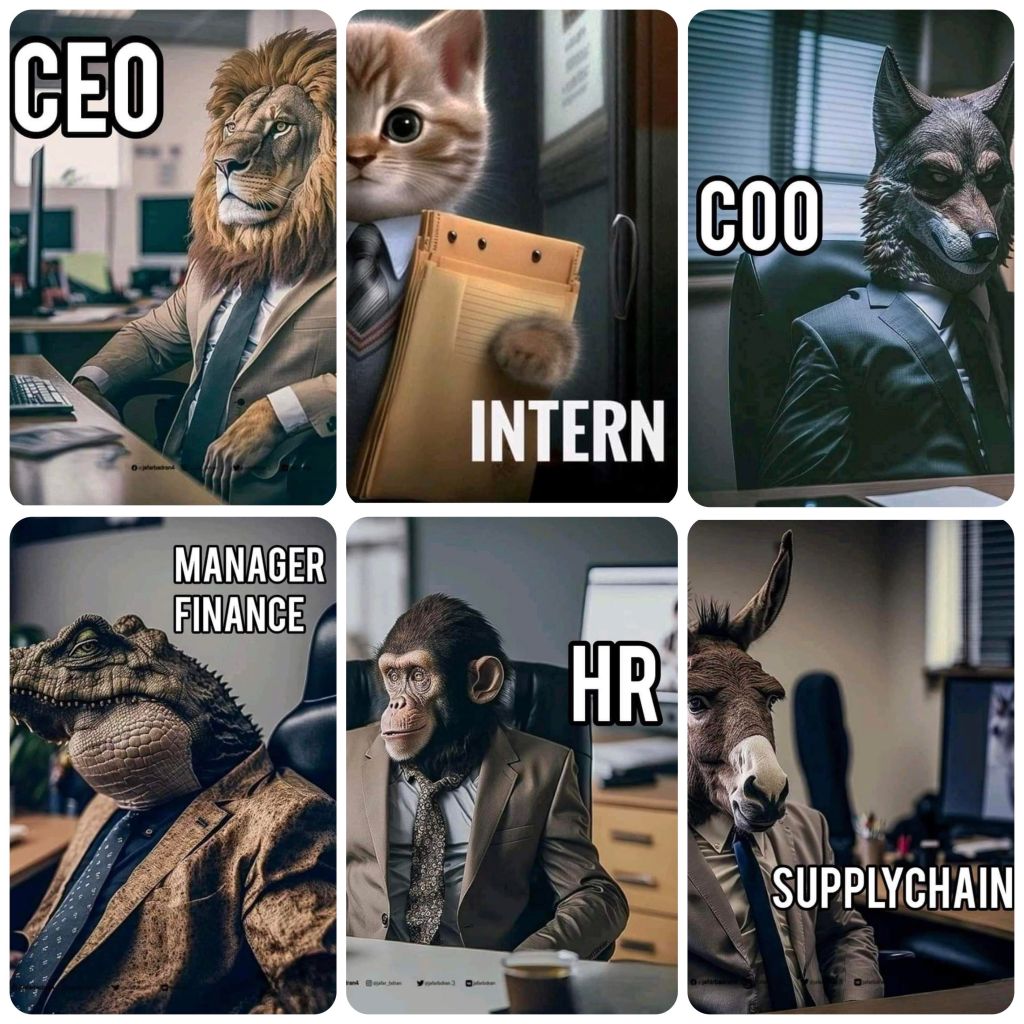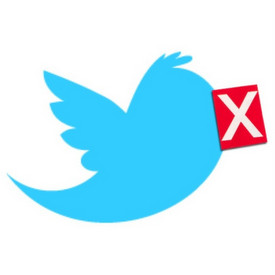
This is a simple post, an opportunity to show my gratitude for one person who has quietly gone about his business in the Gulf over the past 16 years following his time at Standard Chartered and Occidental Petroleum. During that time Alex Blake-Milton has led Brunswick to one of the largest advisory agencies across the region, with over 80 people consulting for a host of big-name clients.
I want to focus on another side of Alex, the one which has always been there to support the industry. For several years, Alex was on the Zayed University industry advisory board for what was then the College of Communications and Media Sciences. Alex turned up at every meeting and every event, despite his schedule and work demands.
More than that, Alex would always volunteer to help both students and faculty to understand what communications work looked like in practice and offer them the opportunity to get their hands stuck in. No matter the suggestion, he would find a way to support the university and its hundreds of students who were studying communications.
As one of the canniest operators around, Alex was always looking out for talent and smarts to join Brunswick (I do wish other agency heads would focus the same amount of energy and time on our universities and young people). But he was also a charming person, and felt a duty to help others enter the industry.
It was always a pleasure to sit down with Alex, talk over the industry and get his take on what would be next. Alex will be retiring this month from his role at Brunswick. I very much hope that you’ll still be there, offering a guiding hand to the next generation of communicators.
Thank you Alex for all you’ve done for the industry in the region, both in terms of the quality of work undertaken by Brunswick (disclaimer, I’ve sadly never been a client), but more so for your community work. If we had more people such as yourself, we’d have a lot more talent coming into the industry. As it is, we were lucky to have you in the Gulf.










